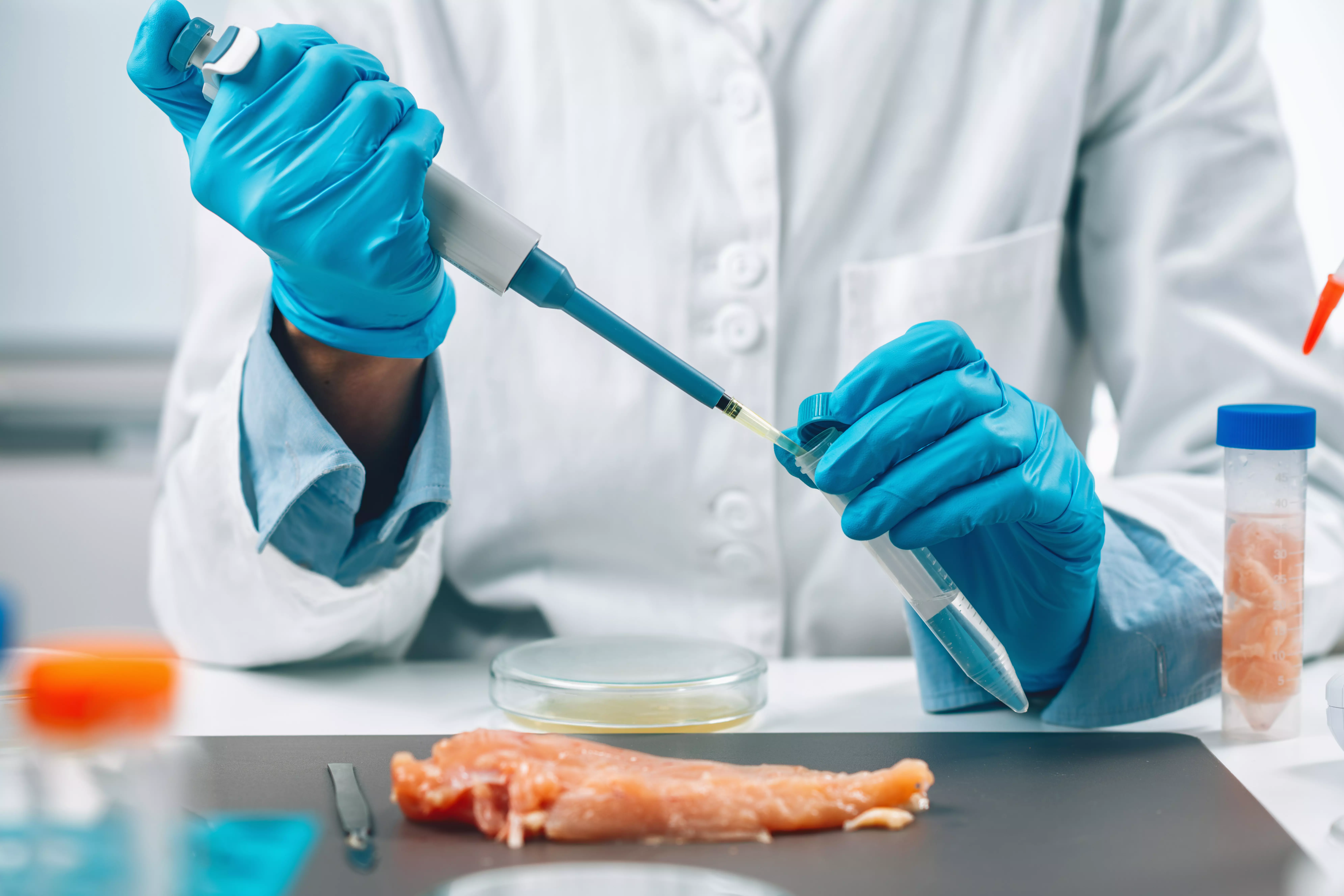Bird flu and the impact on changes in the food industry
Avian influenza impact on the food industry
Avian influenza, also known as bird flu, is an infectious disease transmitted by birds that can have serious consequences for the food industry. The avian influenza virus belongs to the influenza A group of viruses and can be transmitted to both birds and humans. In recent years, there have been several outbreaks of avian influenza on different continents, raising concerns about health safety and the impact on food production in the food industry.
In the food industry, AI has a multifaceted impact, ranging from food safety to economic impact. It is crucial to identify and isolate AI cases in poultry flocks to prevent the spread of the virus. Governments and international organizations are implementing strict food safety regulations and monitoring the situation to minimize risks to consumers.
Food safety and consumer protection
The AI virus can spread to humans, especially those who come into direct contact with infected birds or their droppings. Therefore, food producers must adhere to strict sanitary standards and bioassurance measures to minimize the risk of infection and protect consumers.

Economic implications
Avian influenza also has serious consequences for the economy and the food industry. An outbreak of an epizootic can result in the need to cull entire flocks of birds, leading to financial losses for producers. In addition, the spread of the virus can lead to restrictions on international trade and affect exports and imports of poultry and its products.
Innovation in the food industry
Avian influenza is also prompting the food industry to seek new solutions. In response to the risk of infection, producers are developing new technologies, such as bird health monitoring systems that allow early detection of signs of disease and rapid response. In addition, production of alternative protein sources, such as legumes and insect farming, is also expanding to minimize reliance on poultry meat.
AI is not only a health problem, but also a challenge for the food industry. It requires strict food safety rules, technological innovation and international cooperation. This is the only way to minimize the risk to consumers and ensure the stability of food production in the food industry.
The conclusion is clear AI has a huge impact on the food industry. It requires constant monitoring, taking preventive measures and investing in research and development of new technologies. Only in this way can we guarantee food safety and consumer health.